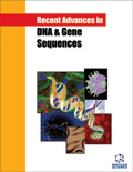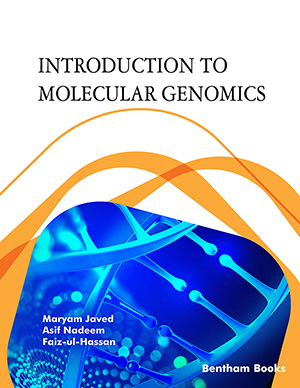Abstract
In 2002, Caspi and colleagues proposed that a specific gene by environment (GxE) interaction is related to antisocial tendencies. Since then, a substantial body of literature has examined the potential implications of such a correlation for the criminal justice system, and in particular, for the attribution of responsibility and blame that lies at the core of that system. It is probably accurate to say that the majority position among criminal theorists is that evidence of such a nature does not undermine or seriously challenge existing notions of responsibility, and could not constitute a full defense to a criminal charge – although it may have a role to play in sentencing. Less consideration, however, has been given to the role such evidence may play in so-called ‘partial defenses’ – those like diminished responsibility (DR), which serve not to exculpate the defendant entirely, but rather, to mitigate his responsibility for the criminal act. This paper aims to assess the most important feature of the Caspi Sudy – the low variant gene for the production of Monoamine Oxidase Acid A gene (MAOA-L) – and its possible role in a defense of DR. We argue that, following the approach of common law jurisdictions to analogous situations, there is no principled reason to exclude evidence of MAOA-L as a basis of DR.
Keywords: Inference of the state of the mind, monoamine Oxidase A, partial defense of diminished responsibility.
 35
35











